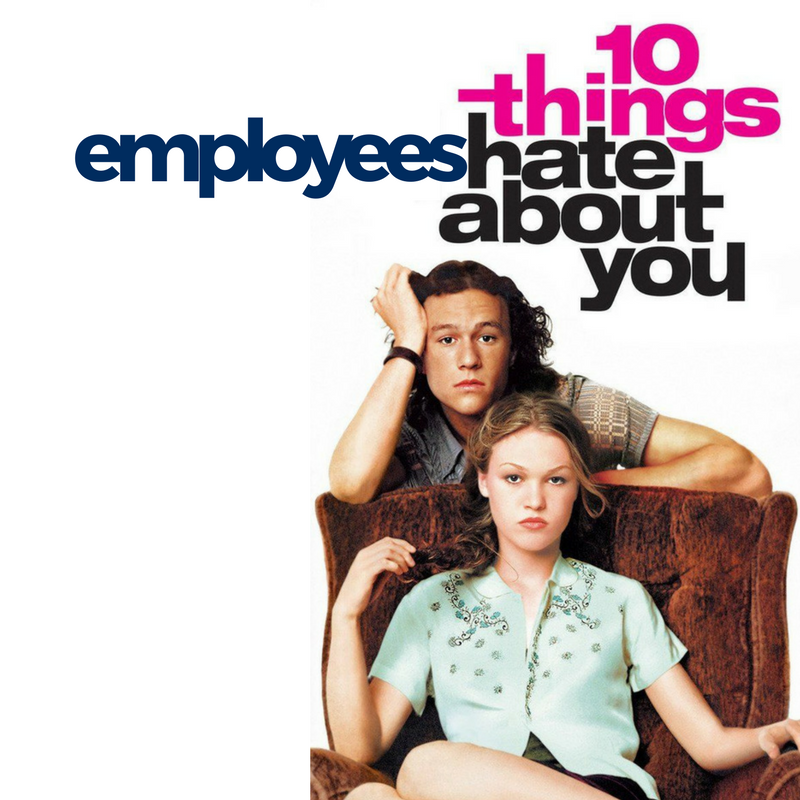 Interviews are stressful. They are nerve-wracking experiences that can knock us off our equilibrium and prevent us from showing ourselves in the best light possible. It’s a stressful situation, combining your nervous feelings and with an environment designed to judge can – simply put – cripple interviewees to the point that they’re unable to present themselves as who they really are.
Interviews are stressful. They are nerve-wracking experiences that can knock us off our equilibrium and prevent us from showing ourselves in the best light possible. It’s a stressful situation, combining your nervous feelings and with an environment designed to judge can – simply put – cripple interviewees to the point that they’re unable to present themselves as who they really are.
It doesn’t happen regularly and surely not as often as it should, but once in a blue moon the interviewer will provide critical feedback after the interview. Accepting feedback is not always comfortable or easy to hear, but strive to take it as it’s intended – as a sincere offer to help you better yourself. The interviewer isn’t trying to be malicious. They are trying to share crucial information with you that can impact (and help) you in the future.
Feedback often comes at three distinct points in time: when they’ve decided to move on with a different candidate, in-between interviews, and ideally after hiring you. Each of these should be handled slightly differently, but overall, it’s your chance to acknowledge the feedback with openness, work to fix or address the issue(s), and move forward.
When you’re no longer in the running
If you get negative feedback at this stage it can feel a bit like adding salt to the wound. But if you receive it, it is a gift. The interviewer clearly cares enough about you to share feedback even when you’re not moving on in the process.
Between Interviews
This is probably the best time to receive feedback. The interviewer sees you as a contender, but has a concern and instead of taking you out of the running is sharing their feedback. They want to give you the chance to respond or address the issue. Ask questions to better understand the feedback, discuss your feelings, and tell them how you’re going to remedy it before your next interview and in the future.
once you’re hired
Congratulations, you’ve gotten a new job! But after signing all the paperwork, don’t be shy! Seek feedback even if it can be deflating – you have the job and the person providing feedback can actively help you. It’s a growth opportunity for you and a proof point for your new boss as he/she can see how you accept criticism and use it to better yourself, helping to establish a stronger work-relationship foundation.
What should you do next? Start to understand and address the feedback. Chances are the feedback you received is not a blindside and something you’ve recognized in yourself. If it’s new feedback, take the time to reflect on what was said – journal, read, and discuss. If you don’t understand the feedback, put together a small group of trusted people who will be honest with you, but also want to see you succeed. It may seem hard, but really take the time to understand what you’re being told.
If you’ve taken the feedback and made significant changes, let the interviewer know. It shows that you can handle feedback, assess a situation, and adjust your style accordingly.
Stay connected with us on social media for our latest tips and tools to help you on your job search.
Recently Posted
Tag Cloud
Office

OH 44210
Connected:
Quick Links
For Employers
For Candidates
Your Source For HR & Payroll News
- Privacy Policy
- Terms & Conditions
- Site Map



